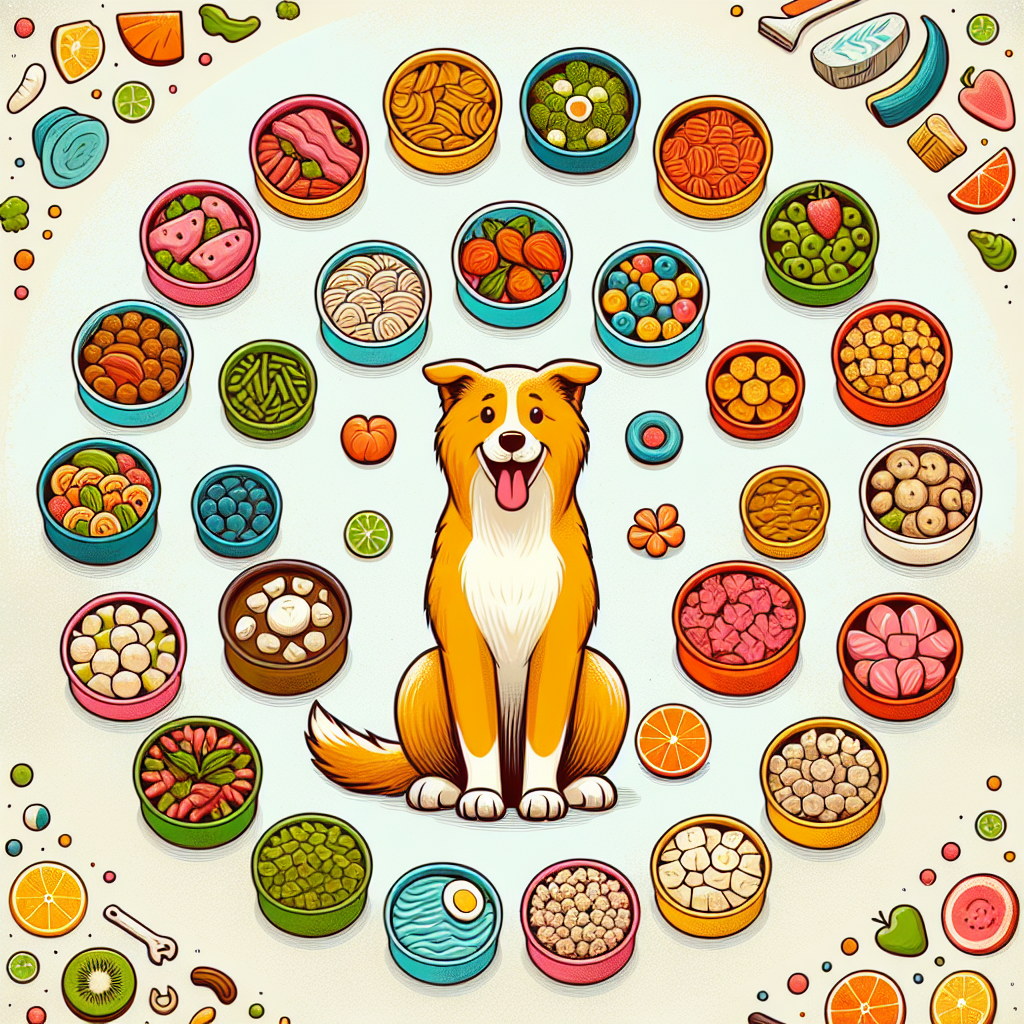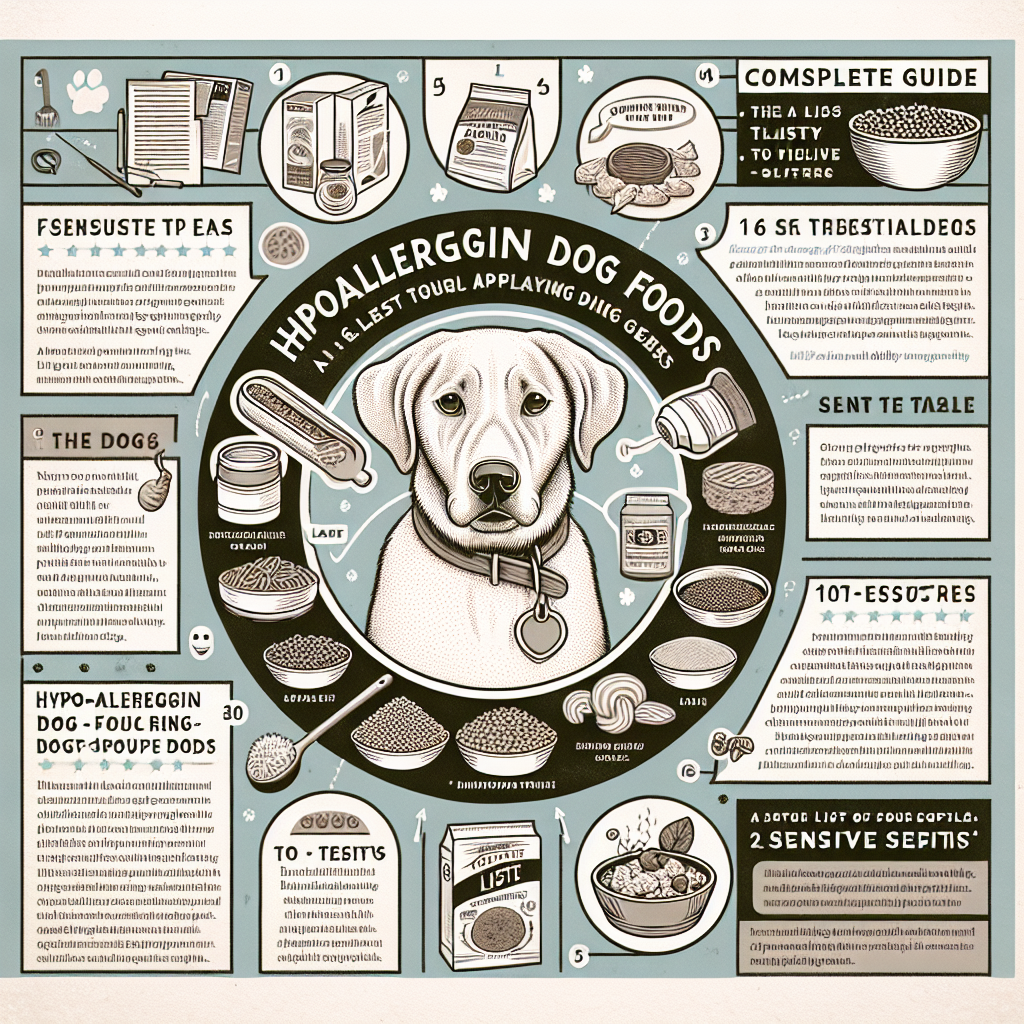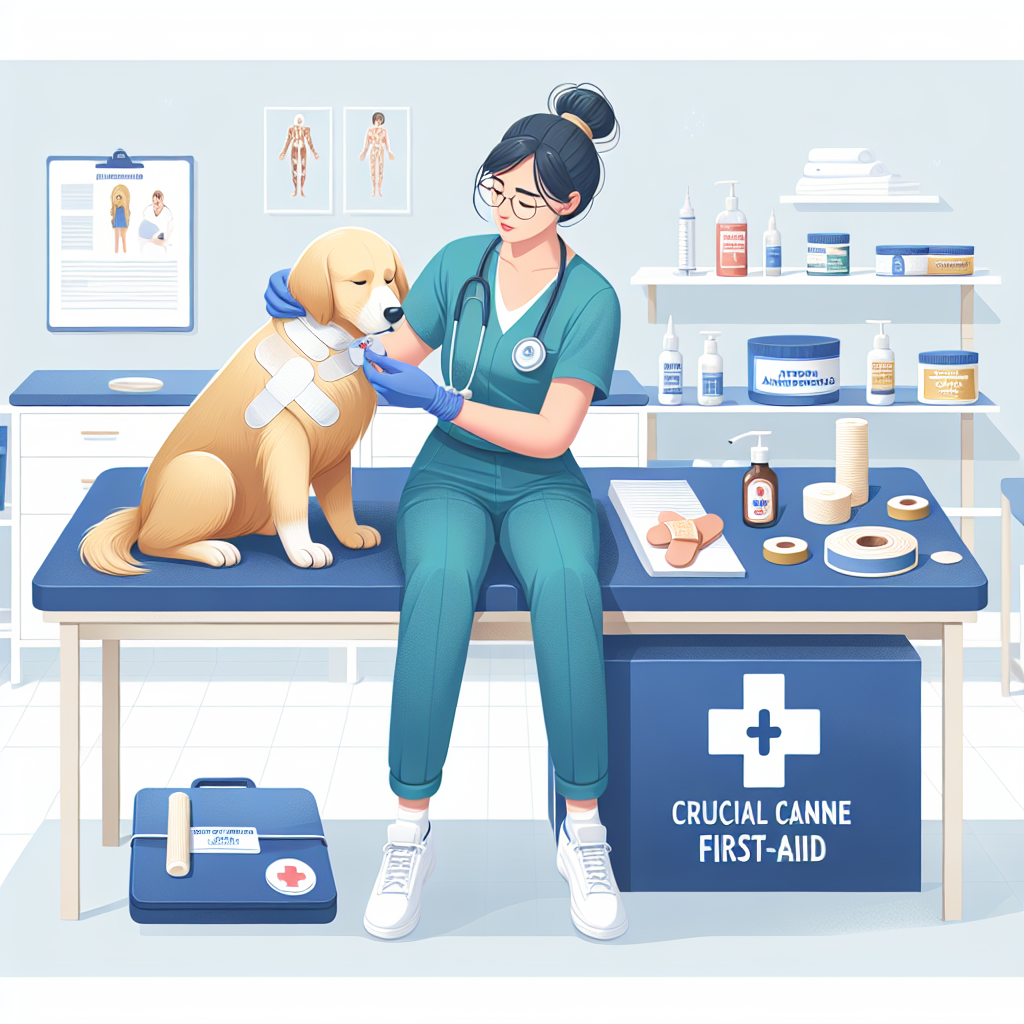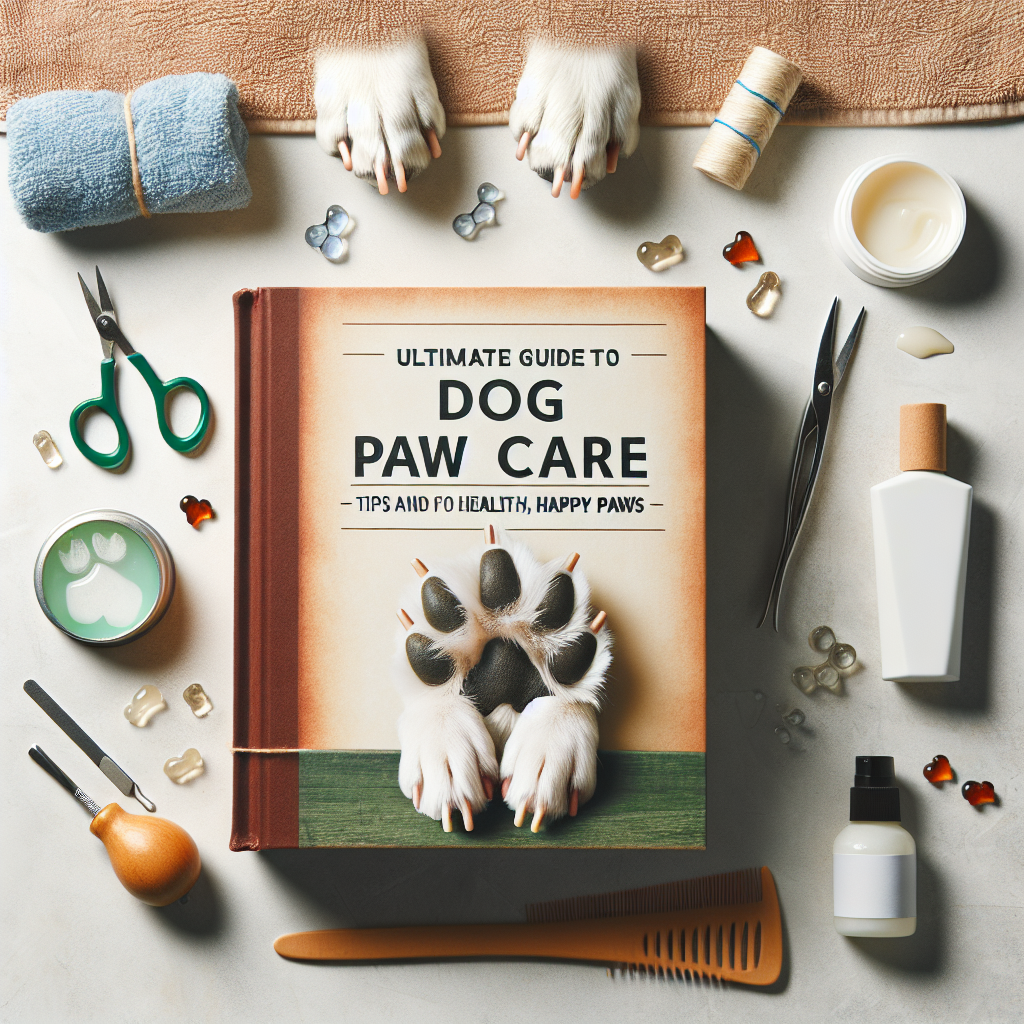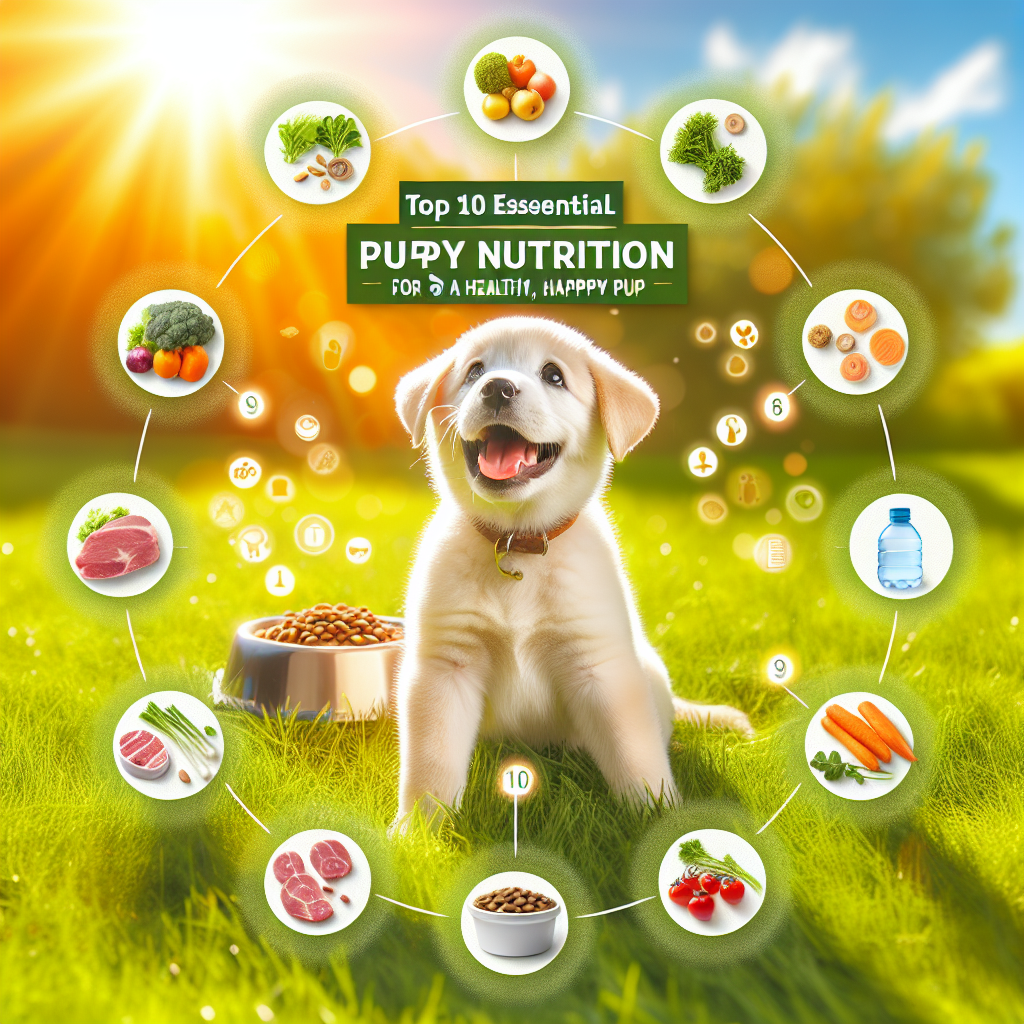
Puppies bring boundless joy and energy into our lives, and as responsible pet owners, it’s our duty to ensure they grow up healthy and strong. One of the most critical aspects of puppy care is proper nutrition. Puppies have unique dietary needs that differ significantly from adult dogs. This comprehensive guide offers in-depth insights into the top 10 essential puppy nutrition tips to help your pup thrive.
1. Understand Nutritional Requirements
Protein: The Building Block
Proteins are essential for the growth and repair of tissues, making them particularly crucial for puppies, who are in a rapid growth phase. Puppies require higher protein levels than adult dogs to support muscle development and overall growth. Look for high-quality sources of protein such as chicken, beef, fish, and lamb.
Fats: For Energy and Brain Development
Fats are concentrated sources of energy and essential fatty acids, which are vital for brain and vision development in puppies. Omega-3 and Omega-6 fatty acids are particularly important. Sources include fish oil, flaxseed oil, and animal fats.
Carbohydrates: Proper Digestion and Energy
While not essential, carbohydrates provide a quick energy source and aid in proper digestion. Whole grains like brown rice, barley, and oats are preferable, as they also offer fiber, vitamins, and minerals.
Vitamins and Minerals: Crucial for Development
Puppies need a wide array of vitamins and minerals to support their developing systems. For instance, calcium and phosphorus are essential for bone development, while vitamins like A, D, E, and B-complex are vital for overall health.
2. Choose the Right Puppy Food
Commercial vs. Homemade Diets
Choosing between commercial puppy food and homemade diets can be challenging. Commercial foods are specifically formulated to meet the nutritional needs of puppies and offer convenience. Look for high-quality, vet-recommended brands that list meat as the first ingredient.
Homemade diets offer control over ingredients but require careful planning to ensure they meet all nutritional needs. Consulting a veterinary nutritionist is advisable.
Types of Commercial Puppy Food
Puppy food comes in various forms:
-
- Dry Kibble: Convenient and helps with dental health.
-
- Canned Food: Higher moisture content, making it suitable for pups who need more hydration.
-
- Semi-Moist Food: Tends to have more sugar and salt; use sparingly.
Reading Labels
Understanding pet food labels can be daunting but is essential. Look for:
-
- Complete and Balanced: Indicates the food meets the nutritional levels established by AAFCO (Association of American Feed Control Officials).
-
- Ingredients List: Ingredients are listed by weight. High-quality meals should list meat or meat meal as the first ingredient.
-
- Guaranteed Analysis: Provides the percentages of crude protein, fat, fiber, and moisture.
3. Control Meal Portions
Understanding Caloric Needs
Overfeeding can lead to obesity and various health issues. Use the feeding guidelines on the pet food label as a starting point, but adjust based on your puppy’s activity level, breed, and metabolism.
Monitoring Growth
Regularly monitor your puppy’s weight and body condition. Puppies should have a visible waist, and you should be able to feel their ribs with slight pressure. Consult your vet if you’re unsure about your puppy’s growth rate.
Meal Frequency
Puppies should be fed more frequently than adult dogs to support their fast metabolism:
-
- 8-12 Weeks: Four meals per day.
-
- 12-24 Weeks: Three meals per day.
-
- 6 Months and older: Transition to two meals per day.
4. Fresh Water is Vital
Importance of Hydration
Puppies are particularly susceptible to dehydration, which can lead to severe health issues. Fresh, clean water should be available at all times.
Signs of Dehydration
Look out for signs such as lethargy, dry gums, and skin that doesn’t spring back when pinched.
Water for Meals
Soaking dry kibble in water or broth can not only make the food more palatable but also helps ensure your pup gets enough fluids.
5. Avoid Dangerous Foods
Common Toxic Foods
Some human foods can be toxic or harmful to puppies:
-
- Chocolate: Contains theobromine, which can be fatal.
-
- Grapes and Raisins: Can cause acute kidney failure.
-
- Onions and Garlic: Can lead to anemia.
-
- Xylitol: Found in sugar-free foods, highly toxic.
Bones and Fat Trimmings
Avoid giving puppies cooked bones, as they can splinter and cause internal injuries. Excessive fat can lead to pancreatitis.
Educating Family Members
Ensure everyone in the household knows which foods are off-limits to prevent accidental ingestion.
6. Supplement Wisely
When to Use Supplements
Most high-quality puppy foods are formulated to provide all necessary nutrients, but some situations warrant supplementation, such as medical conditions or homemade diets.
Types of Supplements
-
- Omega-3 Fatty Acids: Beneficial for skin, coat, and brain development.
-
- Calcium and Phosphorus: Ensure proper bone development but avoid over-supplementation.
-
- Probiotics: Support digestive health.
Consulting a Vet
Always consult your veterinarian before starting any supplements to avoid potential overdoses or imbalances.
7. Manage Treats and Snacks
Healthy Treat Options
Choose treats that complement your puppy’s diet and don’t overuse them. Healthy options include:
-
- Vegetables: Such as carrots and green beans.
-
- Commercial Treats: Specifically formulated for puppies.
-
- Homemade Treats: Ensure they’re free from harmful ingredients.
Training and Treats
Use treats as part of a balanced reward system during training. Ensure treats don’t make up more than 10% of your puppy’s daily caloric intake to avoid obesity.
8. Transition Foods Gradually
Importance of Slow Transition
Abrupt changes in diet can lead to gastrointestinal upset. Gradually introduce new foods over 7-10 days by mixing increasing amounts of the new food with the old.
Monitoring Reaction
Watch for signs of food intolerance or allergies, such as vomiting, diarrhea, or itching, and consult your vet if these occur.
Adjusting as They Grow
Your puppy’s dietary needs will change as they grow. Regularly consult your vet to update their diet as they progress through different life stages.
9. Account for Breed-Specific Needs
Large vs. Small Breeds
Different breeds have different nutritional needs. For instance, large breeds are prone to joint issues and need a diet with an appropriate balance of calcium and phosphorus to support bone development. Small breeds often have faster metabolisms and may require calorie-dense foods.
Researching Specific Breeds
Do thorough research on your specific breed to understand any unique nutritional requirements. Breeders and vets can provide valuable insights.
Specialized Puppy Foods
Consider breed-specific puppy food options that cater to unique needs, but always ensure they meet general nutritional standards.
10. Regular Veterinary Check-ups
Importance of Health Monitoring
Regular veterinary visits help monitor your puppy’s health and development. Your vet can provide personalized dietary recommendations and adjustments based on growth and health status.
Vaccinations and Preventatives
Ensure your puppy is up-to-date with vaccinations and preventatives, as a healthy body will better absorb and utilize nutrients.
Addressing Health Issues
Prompt attention to any health issues, such as gastrointestinal problems or allergies, helps maintain optimal nutrition and overall well-being.
Conclusion
Caring for a puppy involves a balanced diet tailored to their specific needs. By understanding their nutritional requirements and proactively managing their diet, you can set the foundation for a long, healthy, and happy life.
Your journey with your puppy is a cherished experience filled with love and joy. Follow these essential puppy nutrition tips to make sure your furry friend grows up strong, healthy, and full of vitality.
#ChatGPT assisted in the creation of this article.

